A new digital platform by Finbarr O’Reilly and Fondation Carmignac seeks to amplify local voices reporting during the pandemic
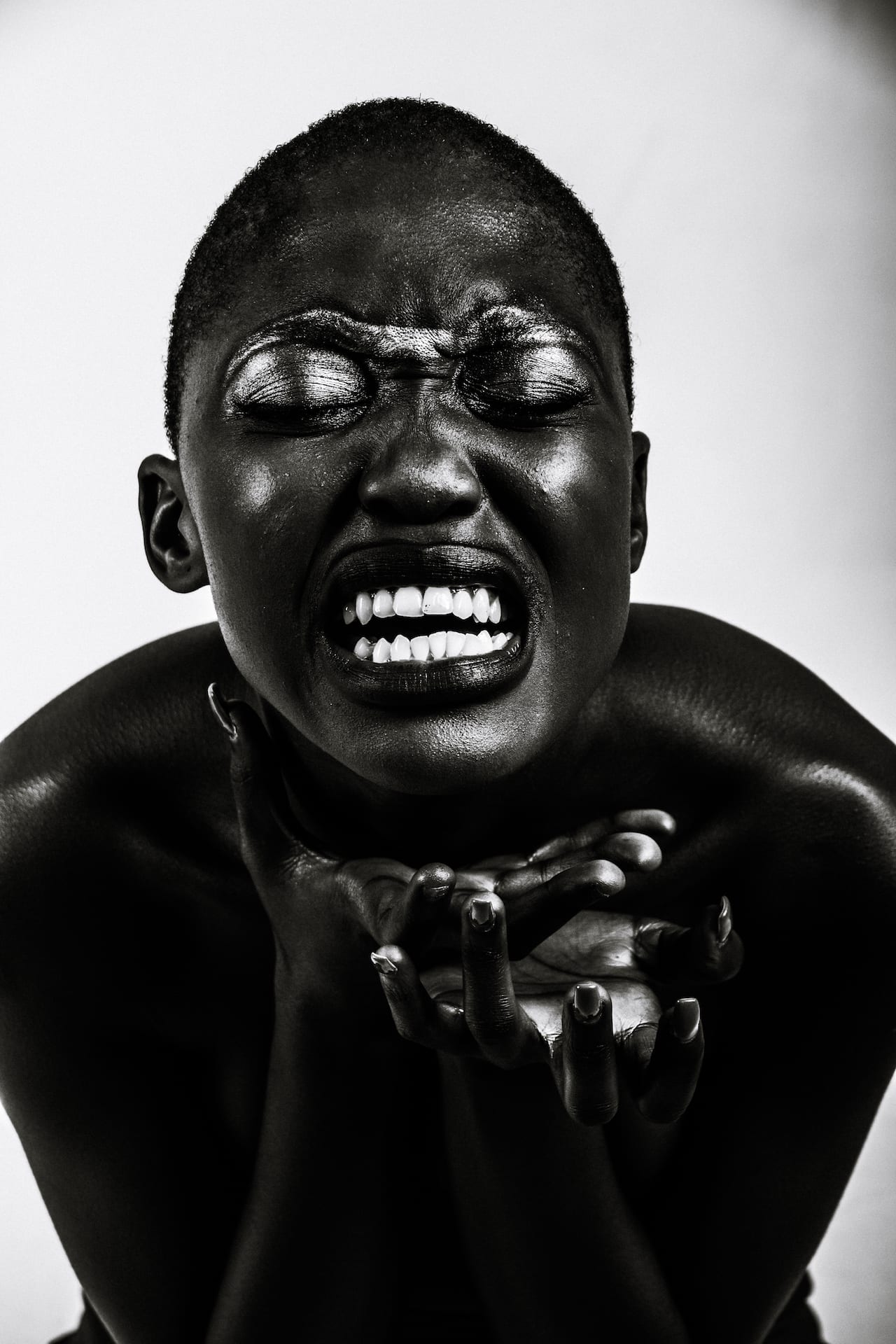

A new digital platform by Finbarr O’Reilly and Fondation Carmignac seeks to amplify local voices reporting during the pandemic
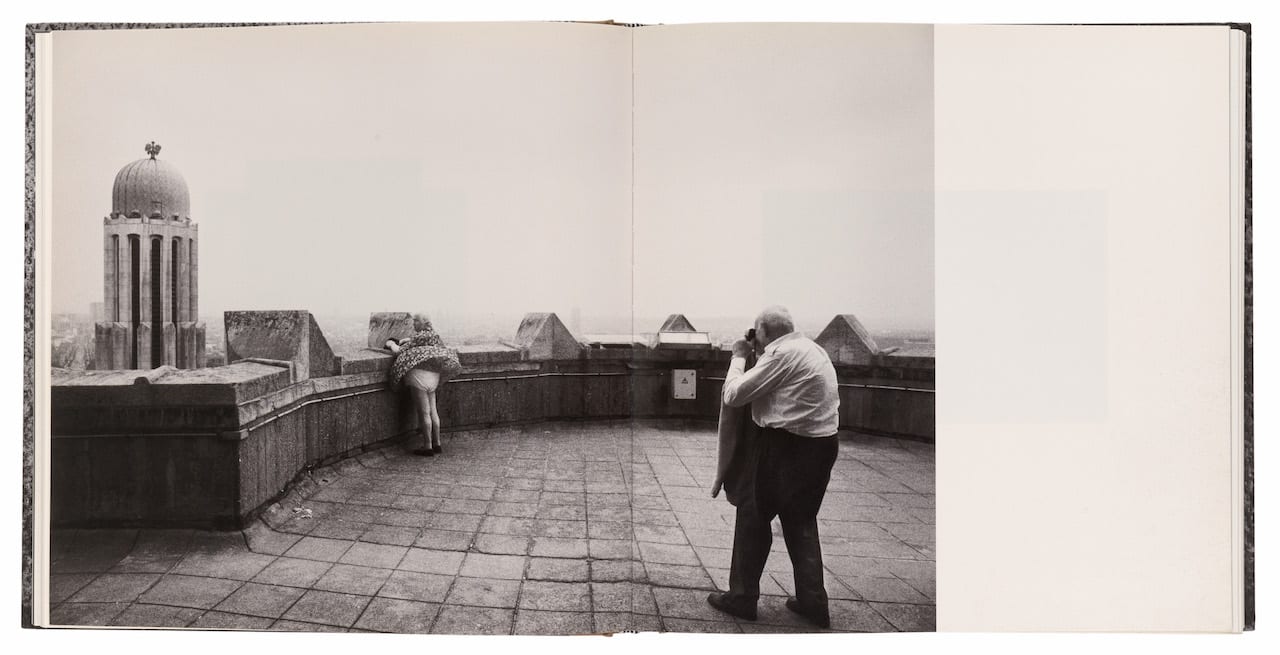
“To date, hardly any research has been conducted into Belgian photobooks,” opens the exhibition Photobook Belge, now on show at FOMU and published as a book by FOMU in partnership with Hannibal. “Photobook Belge provides an overview of the evolution of the Belgian photobook from the mid-19th century to today.”
Including nearly 250 publications, Photobook Belge is divided into eight chapters, looking at areas such as Artists’ Books, Belgian national identity, and the relationship between text and images. Belgium’s brutal colonisation of the Congo, its subsequent relationship with the country, and its often problematic representation of it in images, is given a whole chapter. “Many of the photobooks published since the 50th anniversary of [Congo’s] independence in 2010 oscillate between a more or less overt nostalgia, Afro-pessimism and an aesthetic of ruins,” states the curator Tamara Berghmans. “Most are still the result of a white, male gaze.”
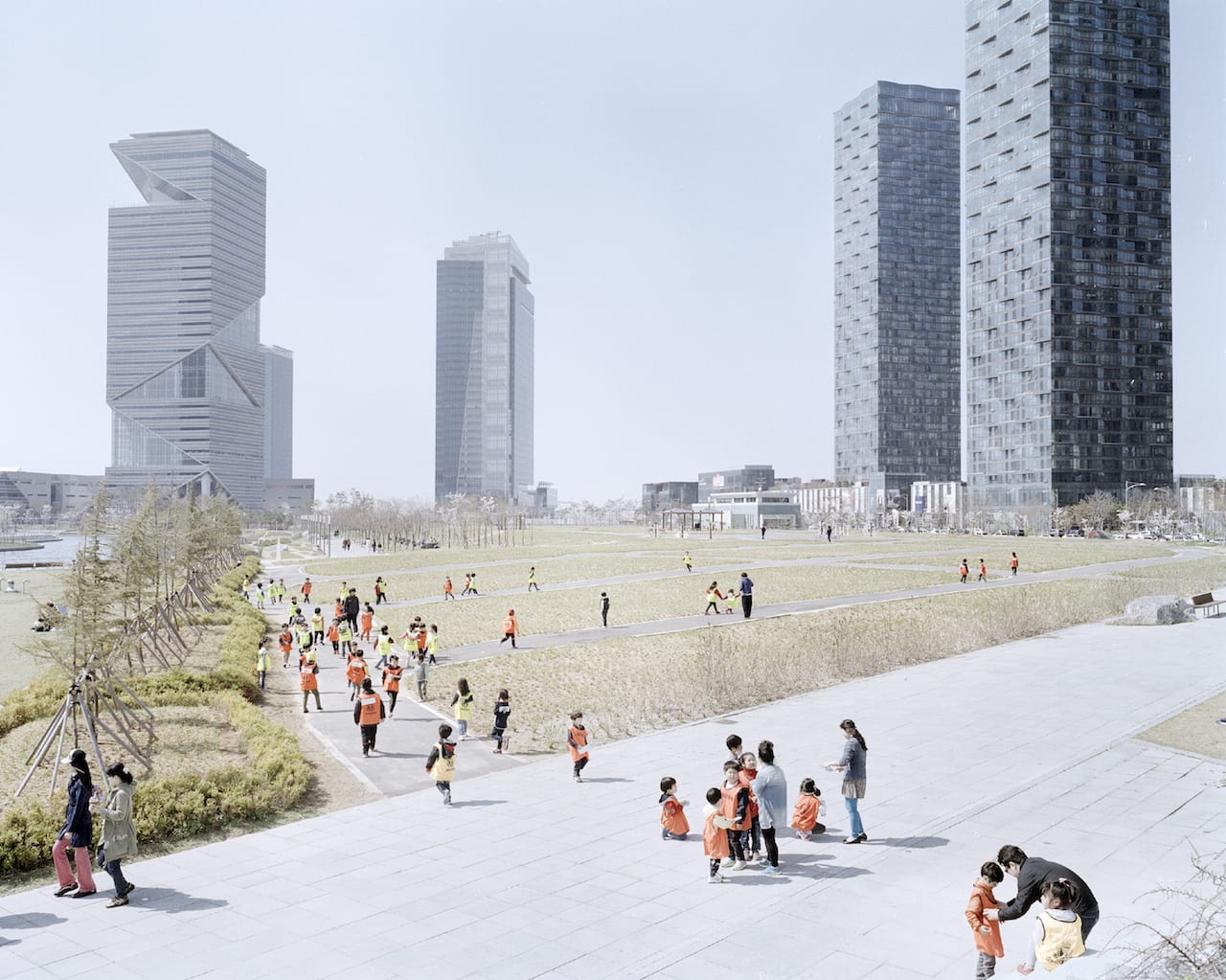
Set up 14 years ago, Getty Images’ Reportage Grant awards “front-line photojournalists from around the world for projects with a strong visual narrative”, aiming to help them pursue long-term documentary projects. This year, the three selected photographers have won with very different projects – Giulio Di Sturco with Aerotropolis, The Way We Will Live Next; Léonard Pongo with The Uncanny; and Rose Marie Cromwell with King of Fish.
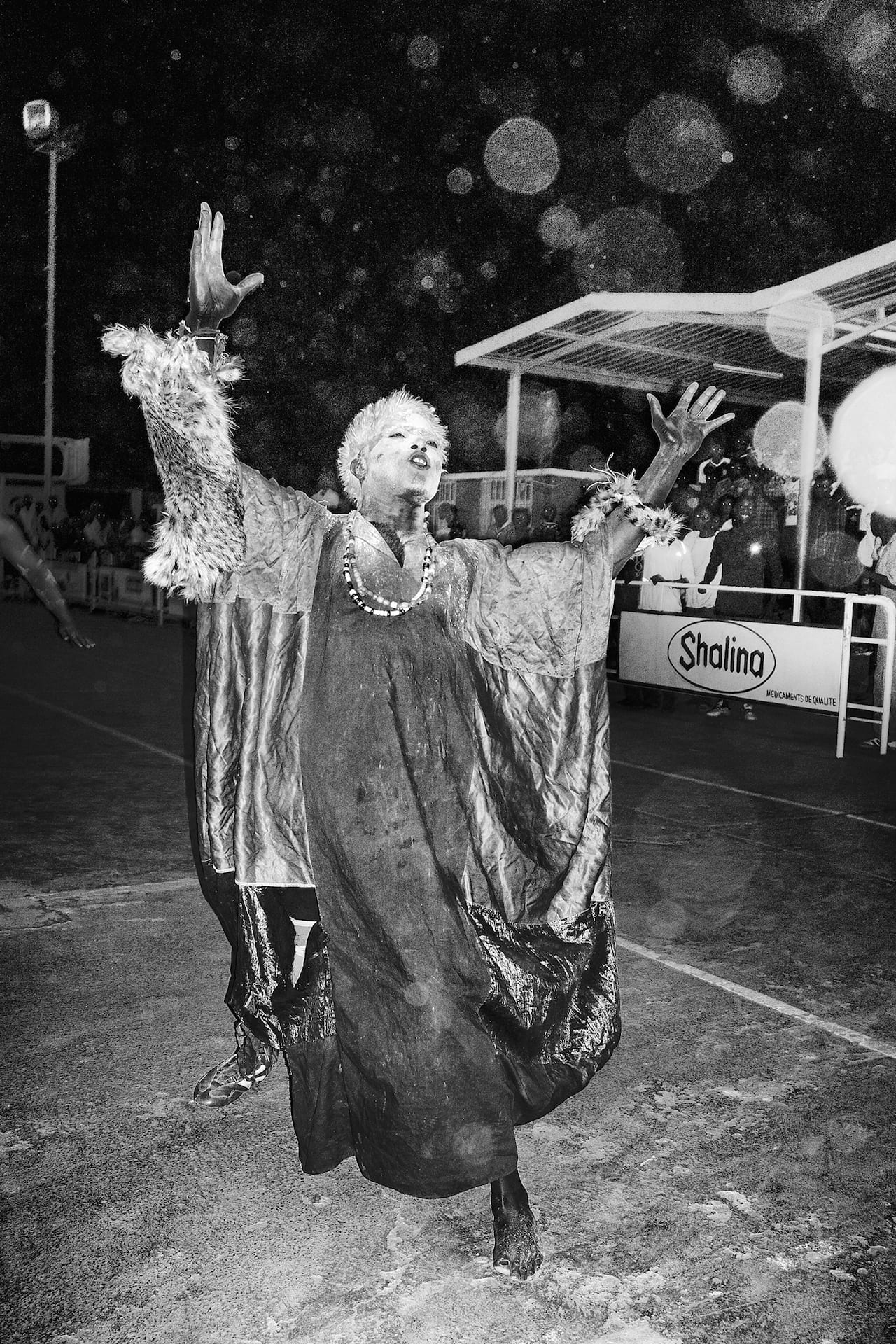
Pongo has won the prize for his ongoing series The Uncanny, which is shot in The Congo. Born in Belgium in 1988 to a Belgian mother and a Congolese father, Pongo started the project as an attempt to reconnect with his Congolese heritage. He first visited the country in 2011, staying with his Congolese family – most of whom he had never met before – and arriving as the DRC held its second ever democratic elections, for both Presidential and Legislative positions. “I am conscious that photographing in the Congo, as a photographer educated in Europe, reveals my own limitations (in accessing and understanding the environment), bias, and stereotypes,” he says. “However, by turning to a more personal story and documenting my confrontation with my family, the country, and by relying on friends and siblings to introduce me to their visions of this environment, I hope to be able to overcome some of these limitations.
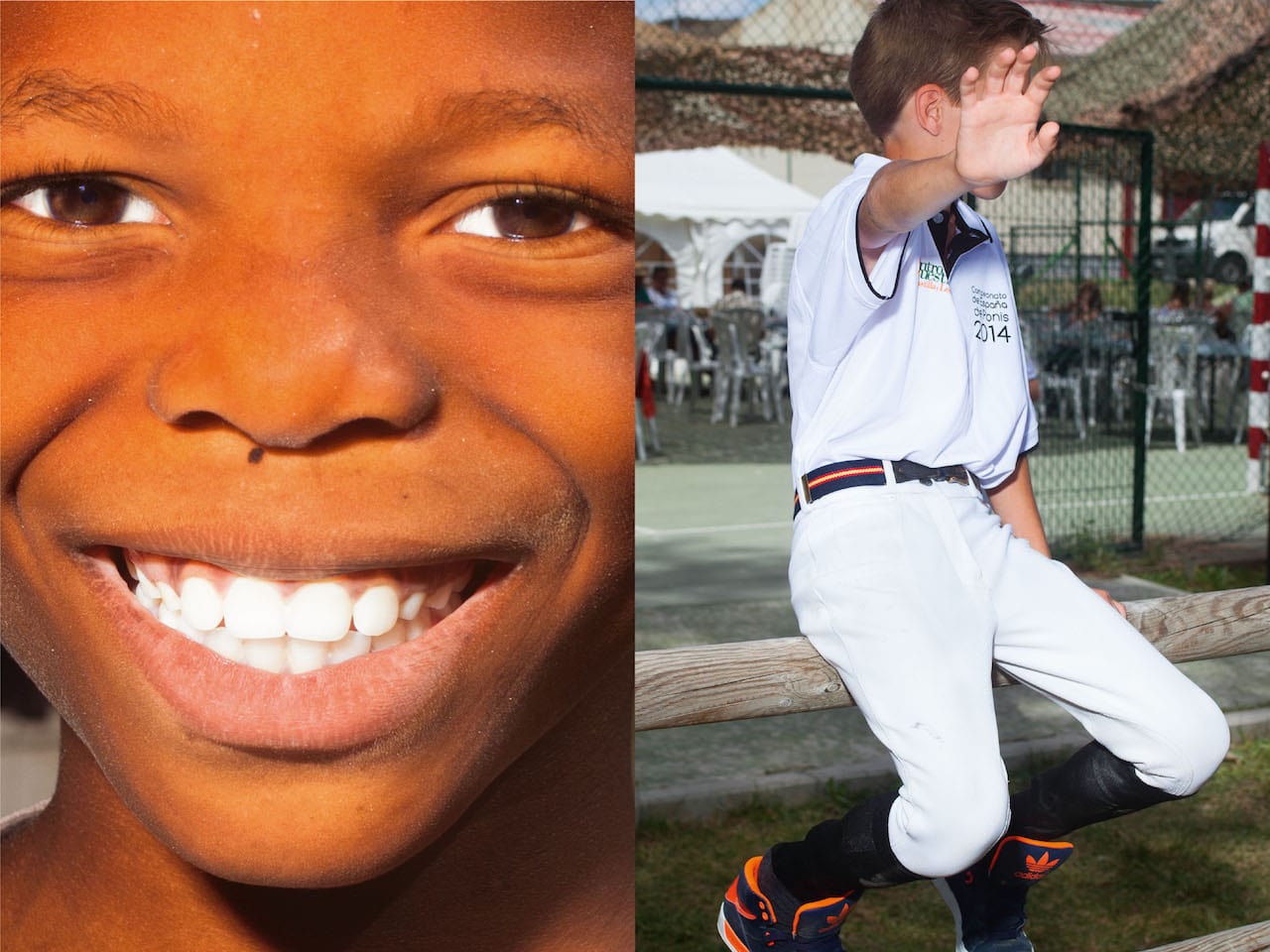
Contrasting images of children shot in Congo and in Spain, Vicente Paredes questions perceptions of wealth and happiness, freedom and self-consciousness. Pony Congo is now going on show at Espace Images Vevey; this is an update of a BJP interview first published in 2016. “You have to bear in mind that the kids in my book will never meet in real life. It is the viewer who must imagine what would happen if they were to meet. Ideas such as colonialism, misery, pity and mistrust are in our minds, not in the pictures themselves.”
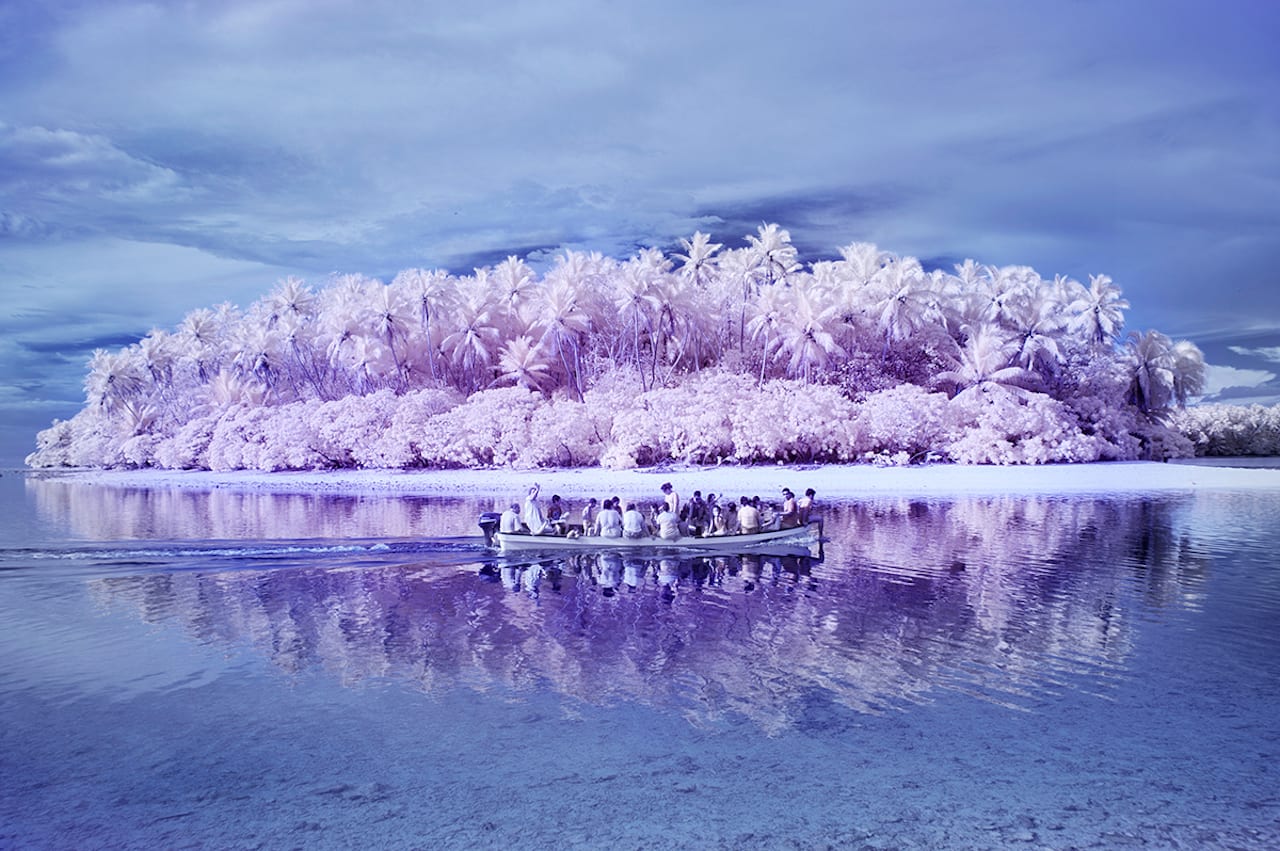
NOOR, the prestigious photo agency and foundation, has signed up three new nominees – Sanne de Wilde, Arko Datto and Leonard Pongo. Hailing from Belgium, India and Belgium/DR Congo respectively, all three are known for their cutting-edge work, rooted in documentary but pushing the aesthetic boundaries of image-making.